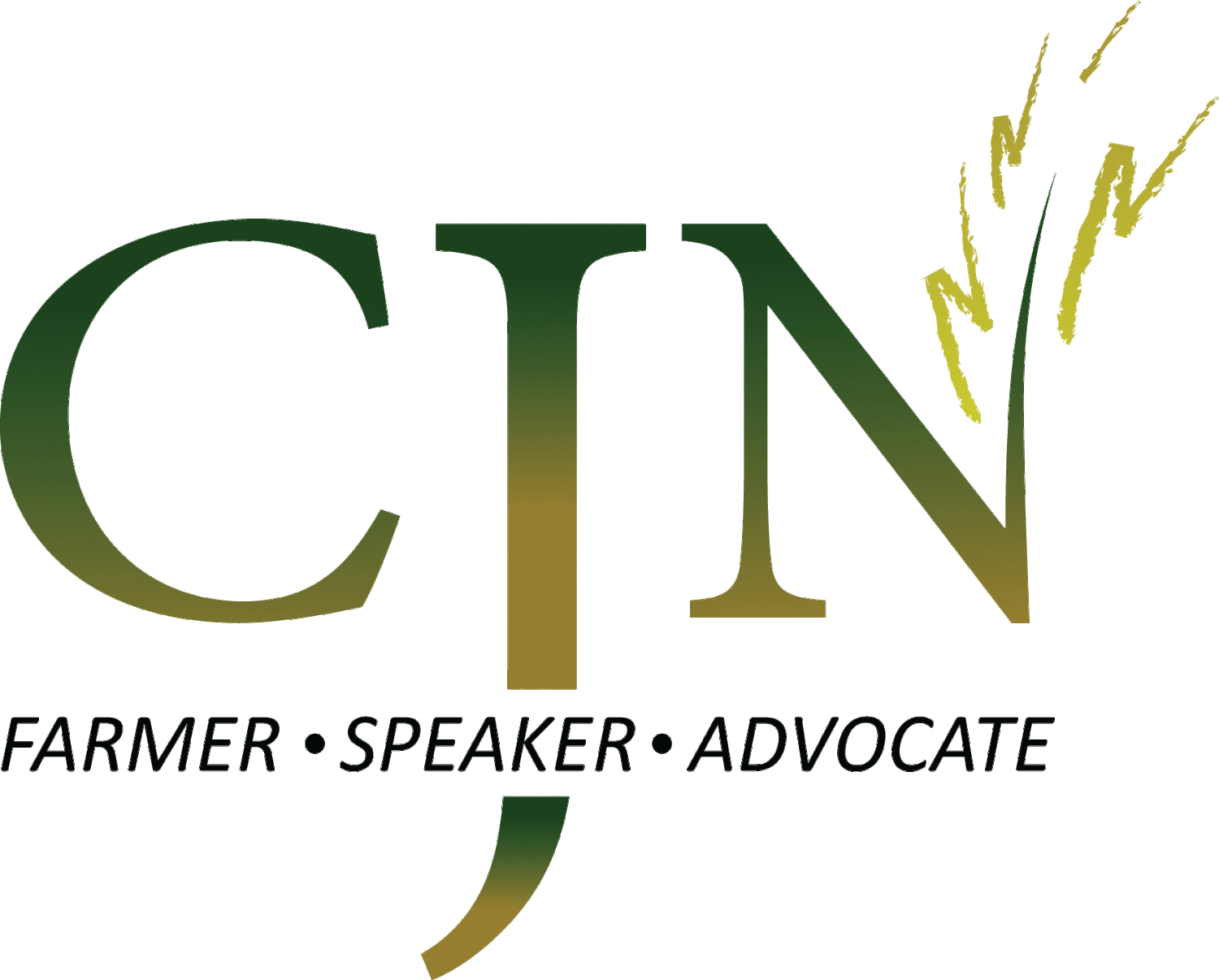A SUPER BOWL SHORT ON GUACAMOLE?
January 24, 2019
What does a wheat farmer in Canada have in common with a yam producer in Ghana?
It sounds like the start of a bad joke.
But the answer is simple… more than you think. And it’s our commonalities that have brought us together in the forum we call the Global Farmer Network, where farmer members share their necessity for trade and access to technology.
In the 21st century, farmers everywhere must learn to communicate with each other. We have to exchange ideas and information about opportunities and challenges so that all of us can grow the food, fuel and fiber that is required for our growing world population needs.
That’s why I’m listening to Lydia Sasu and her experience in Ghana from my farm in Saskatchewan: Just as I’m bracing for a new season of drought, she’s worried about climate change. If nothing else, we can inspire each other to be the best farmers we can be.
The Global Farmer Network (GFN), connects farmers on every continent. What we all share is a desire to improve our prospects as we strive to feed the world, trade what we grow and access new technology. Recently, we shared our goals for 2019 in an online forum.
On the surface, we’re different in dozens of ways, from the type of crops we grow to the places where we grow them. Kees Huizinga of Ukraine reminded the GFN in his e-mail that his country is fighting a war with Russia. I may be frustrated by the trade wars of North America, but at least I don�t have to worry about the shooting wars that are an unfortunate fact of life for my Ukrainian friend.
Yet Kees has a plan amidst this adversity: �We keep on building our dairy farm and vegetable farm� because this �creates jobs and stability for Ukraine.�
That�s what we all want to do and must do: Even in the toughest of times, keep on building.
For many of us, this means international trade. We want to keep on building our business with the rest of the world.
Take Gina Gutierrez, a dairy farmer from Mexico who shares that the new government is their biggest challenge right now. Joining the conversation, she talked about a fuel shortage in 7-8 Mexican states, including hers, and its impact on a number of food supply chains that are already suffering fuel scarcity. Fruits and vegetables that can’t be shipped away are going bad in warehouses. The US might have to face a Super Bowl without guacamole, because Michigan state (the largest producer of avocadoes) is severely affected!
My Canadian comrade Jake Leguee points out the fact that from our homes in the western provinces, we are very far from the oceans. This creates huge logistical tests: Every kernel of wheat, canola, lentils, and so on must travel thousands upon thousands of miles to reach its market. To stay competitive, we Canadian farmers have to obsess over our transportation system.
In Australia, Bill Crabtree also wants to work across oceans. He’s about to embark on a trip to Africa to share agronomic expertise and search for new markets. He’ll travel to Ethiopia, Kenya, and Tanzania, where perhaps he’ll meet Charles Chenza, a corn grower who recently tried to expand his exports on a visit to the Democratic Republic of Congo. But political barriers are getting in the way: Zambia wants to impose expensive transit fees.
Bill is already in touch with another member of the Global Farmer Network: Patience Koku of Nigeria, who grows seed corn. Patience, he wrote on our web forum, I am still keen to see what can be done with helping getting the genes you need. With the right kind of seeds, he predicts that new technologies will snowball across all of Africa.
Snowballs in Africa: That must be some technology!
As it happens, many of us hope to tap into the amazing power of technology in 2019. Jaypal Reddy of India says he’s planning to use new technology to boost his ability to grow rice and cotton. In South Africa, Motlatsi Musi hopes to improve a technology he already possesses: He’s going to fix or replace his old tractors. In New Zealand, sheep farmer Mel Poulton has similar goals. She plans to do more DNA chipping to trace parentage with one of our sheep flocks.
Marcos Guigou of Uruguay has some of the boldest plans. He describes his desire to start up a stronger system in precision technology that will allow him to make field-by-field measurements of productivity. Even more impressive is what he plans to do with a traceability system in meat. Here’s what he envisions: In a few months, a restaurant customer can sit down to try a wide steak and can with his phone know where that cut comes from as well as other sourcing details.
These farmer friends I’ve made have inspired me and I head into this new year with new-found energy. From all over the world, farmers are communicating and collaborating and by the time 2019 is done, we’ll all be better at what we do.
